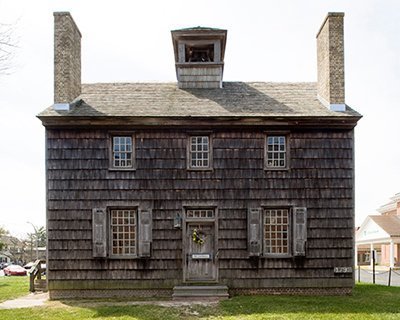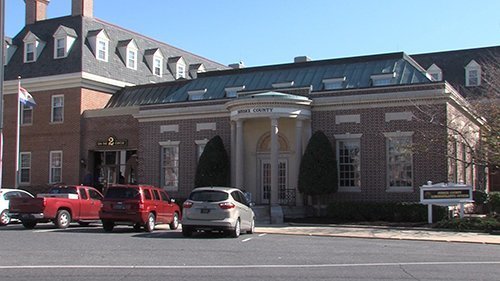
Starting with County Ordinance No. 87, the Sussex County Building Code Office was established in 1982. The purpose for the Building Code Office was to ensure public safety, health, and general welfare – through structural strength, stability, sanitation, adequate light and ventilation, and safety to life and property from fire and other hazardous incidents. The 1979 Southern Standard Building Code went into effect on March 1, 1982 to enforce only Multi-Family units listed as:
- Apartments (more than two families)
- Apartment Houses
- Condominium Dwelling Units
- Covered Malls
- Dormitories
- Hotels and Motels
- Lodging Houses
- Multiple Dwelling Units (more than two families)
- Penthouses
- Townhouses
- Convents and Monasteries
 At that time, there were three (3) major code organizations serving the United States. The National Building Code, known as the BOCA code, was predominately used in the northern areas, the Southern Building Code, also known as the Standard Building Code, was used widely throughout the southern states, and the Uniform Building Code, known as ICBO, was used on the west coast and mid-west states.
At that time, there were three (3) major code organizations serving the United States. The National Building Code, known as the BOCA code, was predominately used in the northern areas, the Southern Building Code, also known as the Standard Building Code, was used widely throughout the southern states, and the Uniform Building Code, known as ICBO, was used on the west coast and mid-west states.
Sussex County contacted surrounding municipalities and jurisdictions already enforcing building codes and only one jurisdiction using the Southern Standard Building Code responded with information. This led Sussex County to adopt the Southern Standard Building Code, published by the Southern Building Code Congress located in Birmingham Alabama. Unlike the other two counties in Delaware using the BOCA code, Sussex County had been reported to be the most northern county or jurisdiction in the country to have adopted and used the Southern Building Code.
The next code edition to be adopted in Sussex County, went into effect January 15, 1990. The Sussex County Building Code Office began enforcing the 1988 Standard Building Code and future editions for construction in Sussex County for the following:
Multi-Family Dwellings, Assembly Occupancies, Business Occupancies, Educational Occupancies, Hazardous Occupancies, Factory Occupancies, Institutional Occupancies, Mercantile Occupancies, and Storage Occupancies.
After many years of debate and discussions regarding a single family residential code, on September 1, 1993 Sussex County began enforcing the 1992 CABO, (Council of American Building Officials) One and Two-Family Dwelling Code for Single Family dwellings and additions. This code was adopted with the condition to hire a private inspection company to conduct all onsite inspections.
Out of the seven inspection companies submitting bids, First State Inspection Agency, (FSIA) was awarded the single-family inspection contract. FSIA continued to perform single family inspections for the County until September 1, 2008, at which time the County decided to have the Building Code Office start performing single family inspections with our internal county inspectors.
In addition to building codes, Sussex County began enforcing energy codes on July 1, 1996. The 1993 Model Energy Code (MEC) was used for residential structures and the ASHRAE/IESNA 90.1-1989, American Society of Heating, Refrigerating and Air-Conditioning Engineers (ASHRAE) was used for commercial structures.
Beginning in the 1990’s, the three major national code organizations, BOCA, ICBO, and SBCCI merged into a single code organization to create the International Code Council or ICC in 1994 to serve the entire United States with just one building code, instead of three different regional building codes.
Over the years of enforcing the Standard and CABO building codes and realizing the need to be more aligned with the ICC codes, Sussex County decided to begin enforcing the 2003 International Building Code (IBC) and the 2003 International Residential Code (IRC) on March 1, 2005.
On October 1, 2013, Sussex County began enforcing the 2012 IBC and IRC.
To comply with the State of Delaware’s Office of Energy and Climate requirements, Sussex County started enforcing the 2012 International Energy Conservation Code (IECC) on November 10, 2014. This code edition was used until the State adopted the 2018 IECC which went into effect on December 10, 2020.
To become more current with code editions, Sussex County began enforcing the 2021 IBC and IRC on January 1, 2023.
